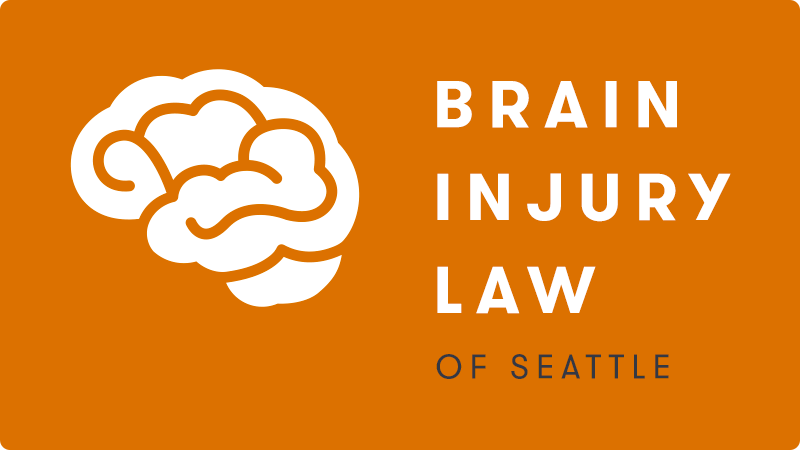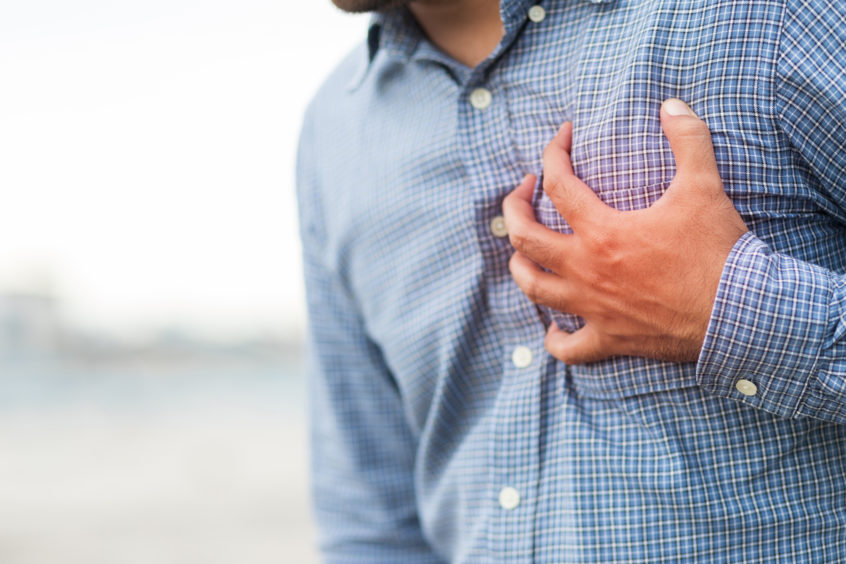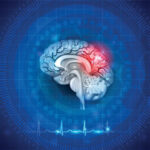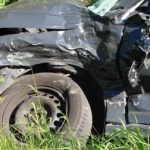If you’re suffering from chest pain after a car accident, it could be a symptom of a serious injury. Possible causes exist for car accident-related chest pains. You should always go to the hospital following a car accident so that doctors can evaluate you for injuries.
Below, we provide some information about the causes of chest pains. Please note that the following list is not exhaustive nor a substitute for a medical professional’s diagnosis.
Page Contents
Why Do People Experience Chest Pains After a Car Crash?
The primary cause of chest pains after a car crash is soreness. When two vehicles collide with each other, it is very common for passengers to experience bruises and tender muscles. However, severe chest pains are often a sign of a more serious medical condition that could require immediate treatment.
Causes of Chest Pain Following a Car Accident
You might be feeling chest pain after a car accident for many reasons. Some of the most common causes of chest pain after a traumatic event include the following.
Muscle Strain
Chest muscles are sensitive, and the force of the collision could have strained them. A doctor may not be able to do much for sore muscles other than prescribe pain medications, but chest muscle strain can be excruciatingly painful.
Although muscle strain is usually not a serious condition, it could affect your occupational work, your ability to care for your family, or other aspects of your life. It is always better to have documentation from the hospital proving your injuries. Also, be sure to make this document available to your accident attorney.
Bruised Ribs
Bruises after a car accident are not uncommon. During the impact, drivers’ chests frequently hit the steering wheel, while seatbelts forcefully restrain passengers. Passengers and drivers may also experience bruised ribs from the force of the airbags exploding.
Fractured Ribs
Given the force involved in a car accident, the seatbelts and steering wheel can cause much more than bruises. Your doctor should x-ray your chest to see if you have fractured ribs and make recommendations based on their findings.
Internal Organ Injuries
Fractured ribs might be the least of your worries in a serious car accident. Your kidneys, heart, liver, and spleen are sensitive organs. If they receive injuries, you’ll likely feel terrible chest pain and will require immediate medical intervention.
Myocardial contusion symptoms include chest pain because the muscle of the heart has become bruised. In addition to chest pains, you may feel light-headedness, shortness of breath, and lethargy. Cardiac contusion symptoms subside after the heart muscles have fully healed.
Torn or Ruptured Veins and Arteries
Having ruptured veins or arteries is a life-threatening condition. When your veins or arteries tear, you lose blood very quickly without medical intervention. Internal bleeding is not as apparent as external bleeding, but you can still bleed out without sustaining a scratch.
Doctors will examine you for any possible internal bleeding and administer the appropriate treatment.
Heart Attack
One of the worst outcomes for a chest contusion following a car accident is a heart attack. The stress of the situation or the trauma of the accident can trigger a heart attack. A common mistake for people in car accidents is dismissing chest pains that are actually symptoms of a heart attack.
Related Articles
Can You Receive Compensation If You Have Chest Pain?
If you are suffering from chest pain after a car accident, you may be entitled to receive compensation for the following categories:
- Medical bills
- Loss of income
- Diminished earning capacity
- Non-tangible damages such as mental anguish, emotional distress, pain and suffering, and loss of enjoyment of life
Things to Do If You Have Chest Pain
Chest injuries from car accidents can worsen quickly, so we recommend seeing a medical professional as soon as possible. They can diagnose your condition and make further recommendations for your recovery.
Promptly seeking treatment for chest pain and any other injuries resulting from the accident also assists your personal injury claim. Insurance companies and other defendants could argue that you didn’t seek medical treatment because you weren’t injured.
Treatment and Recovery for Chest Injuries
Myocardial contusion treatment includes close monitoring in the hospital and, often, medications to relieve the pain. Cardiac contusion treatment can last from a few days to a week, depending on the severity of the bruising.
Learn Your Rights After Getting a Chest Injury from a Car Accident
At Brain Injury Law of Seattle, our legal team will prioritize your health and recovery by fighting for your claim in court. We believe in holding the responsible parties accountable. Contact our Seattle, WA, office now at (425) 406-4315 if you have chest pain after a car accident. Contact our brain injury law firm today!






